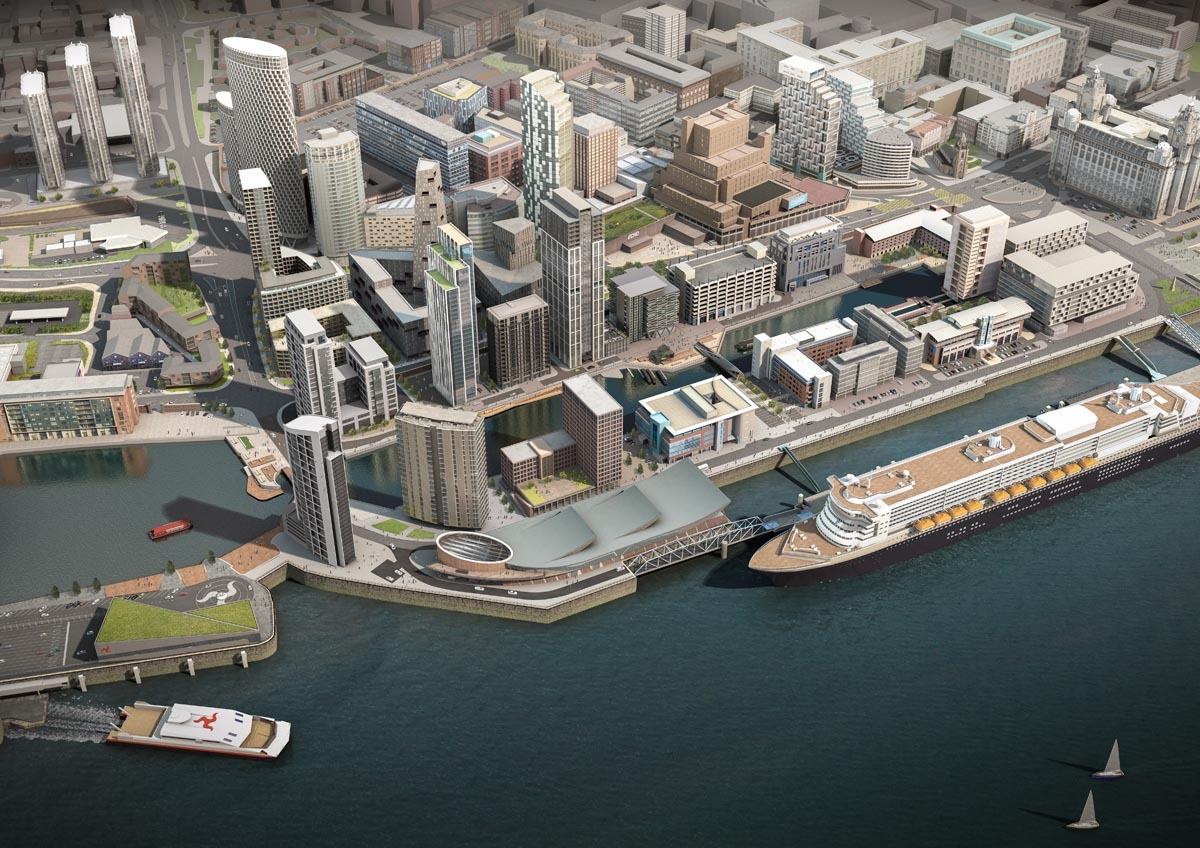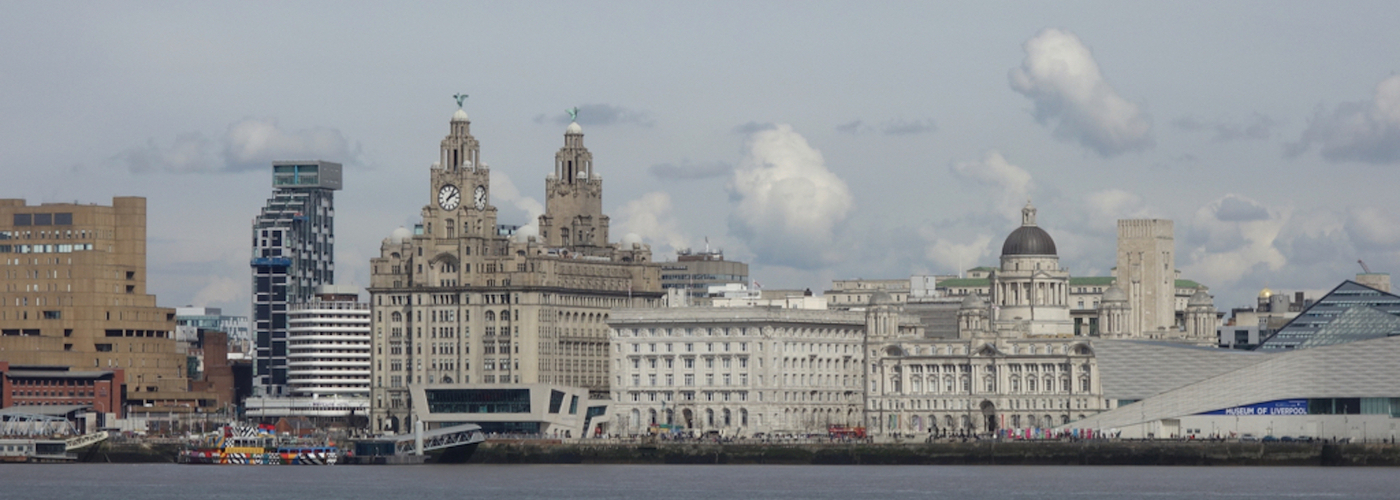Government told to come down on city planners in strongest warning yet
LIVERPOOL could lose its coveted status as a World Heritage City as soon as next year.
UNESCO, part of the United Nations, is to issue its strongest warning, so far, that Liverpool risks being struck off at its next annual meeting - unless the British Government clamps down on civic planning decisions affecting the historic waterfront.
Cultural campaigners SAVE Britain's Heritage flagged up a 2,500 world assessment made by UNESCO's World Heritage Committee in its latest sitting in Geneva.
“This is the first time a definitive date for deletion has been put forward by the international heritage organisation, and would be only the second time ever a cultural site has been deleted from the prestigious global list,” said SAVE in a statement.
SAVE says papers prepared for the July 2017 UNESCO World Heritage Committee meeting strongly criticise the Department of Culture, Media and Sport for inadequate governance systems and planning mechanisms, which threaten to undermine the protection of Liverpool’s World Heritage Site.
Read: When did Liverpool give up on great architecture?
Although the title of a World Heritage Site has been granted to Liverpool, it is in the name of the Government, described as the State Party deemed responsible for ensuring the WHS is properly protected.
Liverpool has been on the World Heritage in Danger list since 2012 as a result of concerns about the harmful impact of large scale new development, particularly the £5bn plans by Peel, owners of the Port of Liverpool, for its Liverpool Waters project.

This scheme envisages several skyscrapers along the waterfront, the tallest at 55 storeys, in what is a key part of the World Heritage Site, awarded to Liverpool for its mercantile and maritime history.
According to the papers, the World Heritage Committee is set to express, "its deep concern that the projects already approved as well as those approved in outline have actual and potential highly adverse and irreversible impacts on the OUV (Outstanding Universal Value) of the property.'
It also "notes with regret" the granting of planning permission for a 34-storey, 109m tower at Princes Dock (an £80m private rented block of flats called Princes Reach) and criticises the Government for failing to control further developments.
"It is also recommended that the Committee retain the property on the List of World Heritage in Danger but consider its deletion from the World Heritage List at its 42nd session in 2018, if the State Party does not reverse course and stop the granting of planning permissions which have a negative impact on the OUV of the property [and] provide substantive commitments to limitation on the quantity, location and size of allowable built form.'"
It concluded by demanding assurances from the Government, by February 1, 2018 that it would, among other things, "Reverse course and stop the granting of planning permissions which have a negative impact on the OUV of the property and Provide substantive commitments to limitation on the quantity, location and size of allowable built form."
Henrietta Billings, director of SAVE Britain’s Heritage, said: “This is a final warning shot for Liverpool and the British Government. International heritage status doesn’t just put Liverpool on the world stage, it brings cultural tourism, urban regeneration, and sustainable visitor attractions. Losing it because of crass planning decisions would be an international embarrassment as well as a hugely costly mistake.”
Only two other countries in Europe have sites on the danger list – Kosovo and Georgia in Ukraine. Dresden is so far the only one of the 1,000 sites worldwide to have been stripped of its status.
Professor John Belchem, Emeritus Professor of History at the University of Liverpool, who was closely involved in securing Liverpool’s World Heritage Site status in 2004, said: “Having led the way in regeneration through conservation and the cultural path to urban renewal and well-being, Liverpool has sadly lapsed into polarised and counterproductive opposition between redevelopment and heritage to the understandable concern of UNESCO.”

Liverpool City Council defended its record. “Liverpool has made great strides to protect its World Heritage Site and in many ways the city has set a new bar in conservation efforts and was recently given European 'Heritage Role Model' status," said a statement.
“Historic assets within the site have received almost £750m of investment including the upgrade of 37 listed buildings over the past 10 years. The city has also created a new management plan, which has been endorsed by Historic England and we’ll be sharing that with UNESCO in July.
“However, Liverpool is also a city undergoing a £13bn renaissance and the right balance needs to be found where regeneration and conservation can complement each other as is the challenge in other cities like Edinburgh and Westminster. The Stanley Dock complex is a great example of how that can be achieved and this management plan sets out the right guidelines to ensure the city’s historic fabric is celebrated.”
Jonathan Brown, director of Liverpool-based planning and tourism consultancy Share the City, warned: “Karen Bradley (the Culture Secretary) needs to get a grip on her advisors before this little local difficultly becomes an international incident. The UK usually honours her international treaty obligations, but UNESCO have clearly run out of patience with government assurances backed only by inaction.
“The United Nations expects the world’s cultural treasures to be safe in our hands, and a breach of the treaty would be noted with sadness around the world.”














